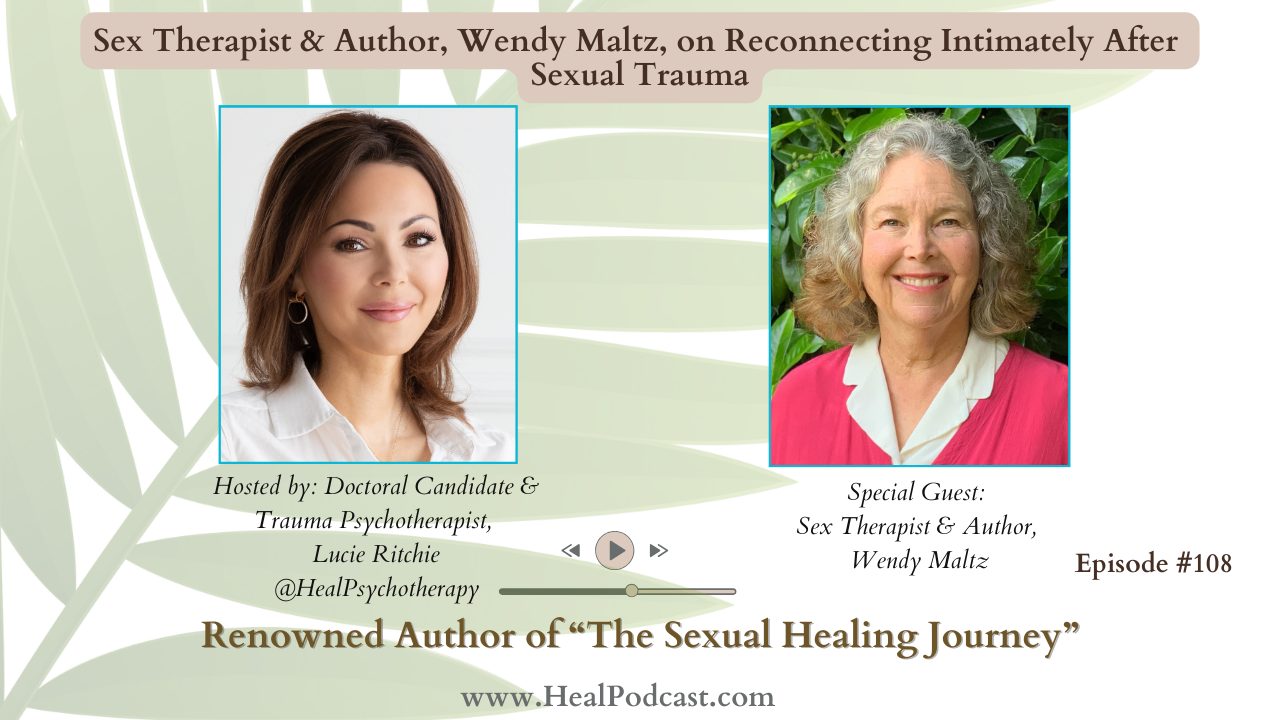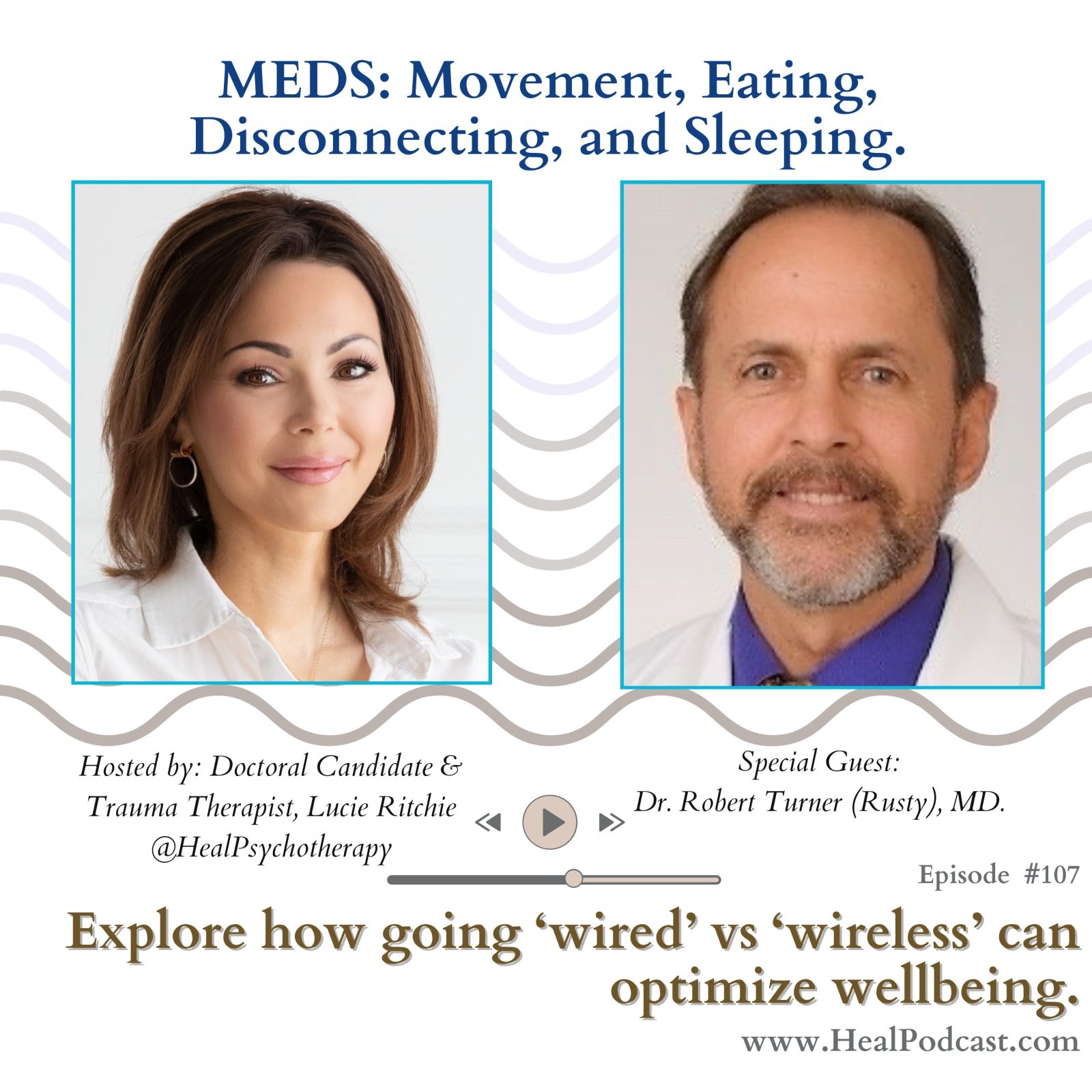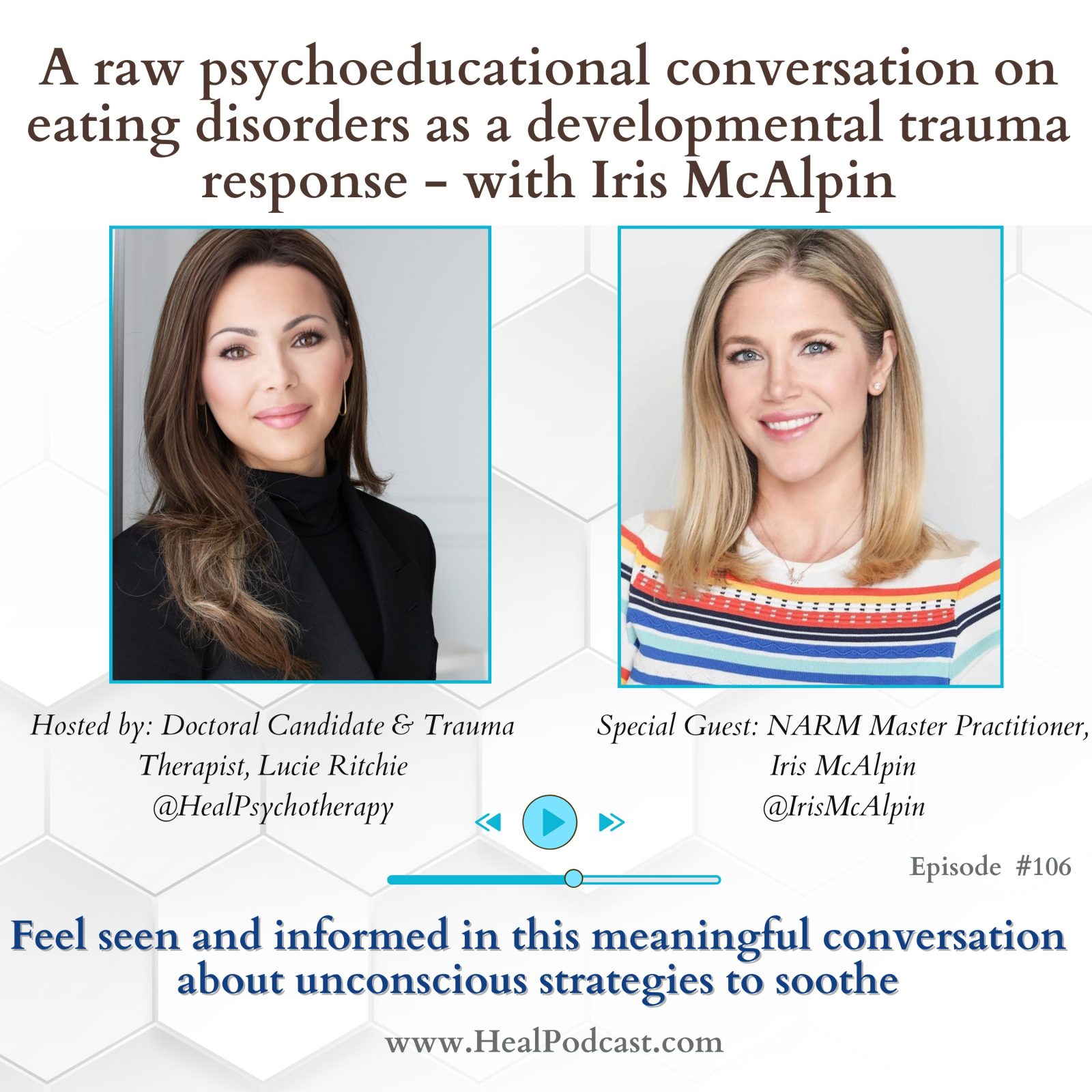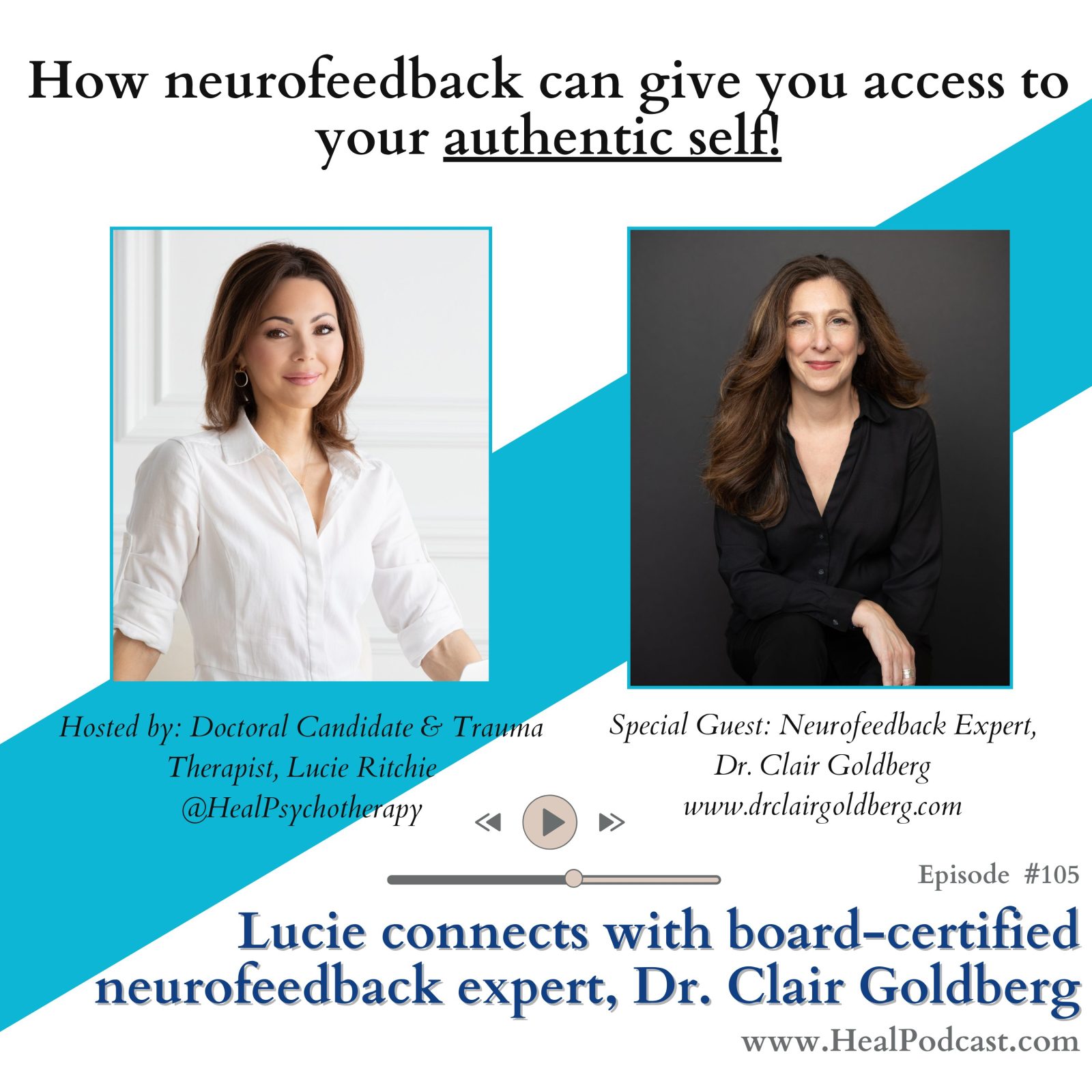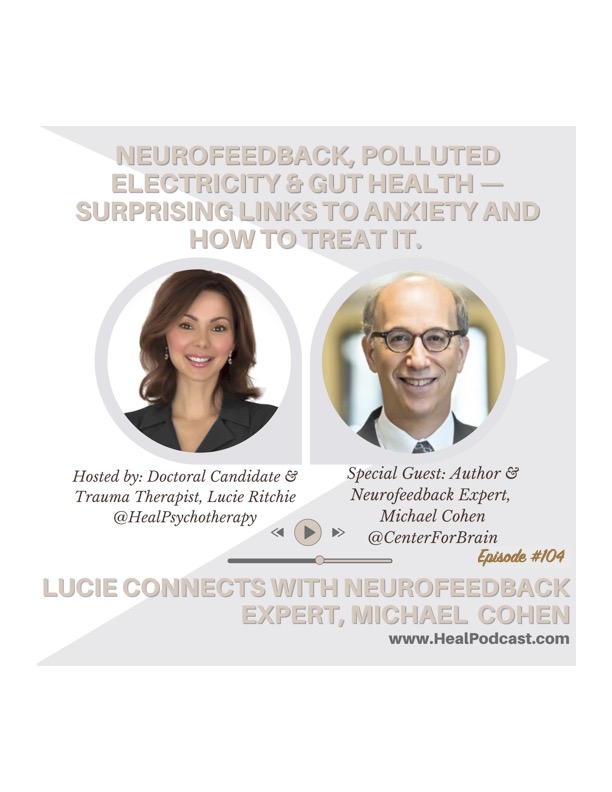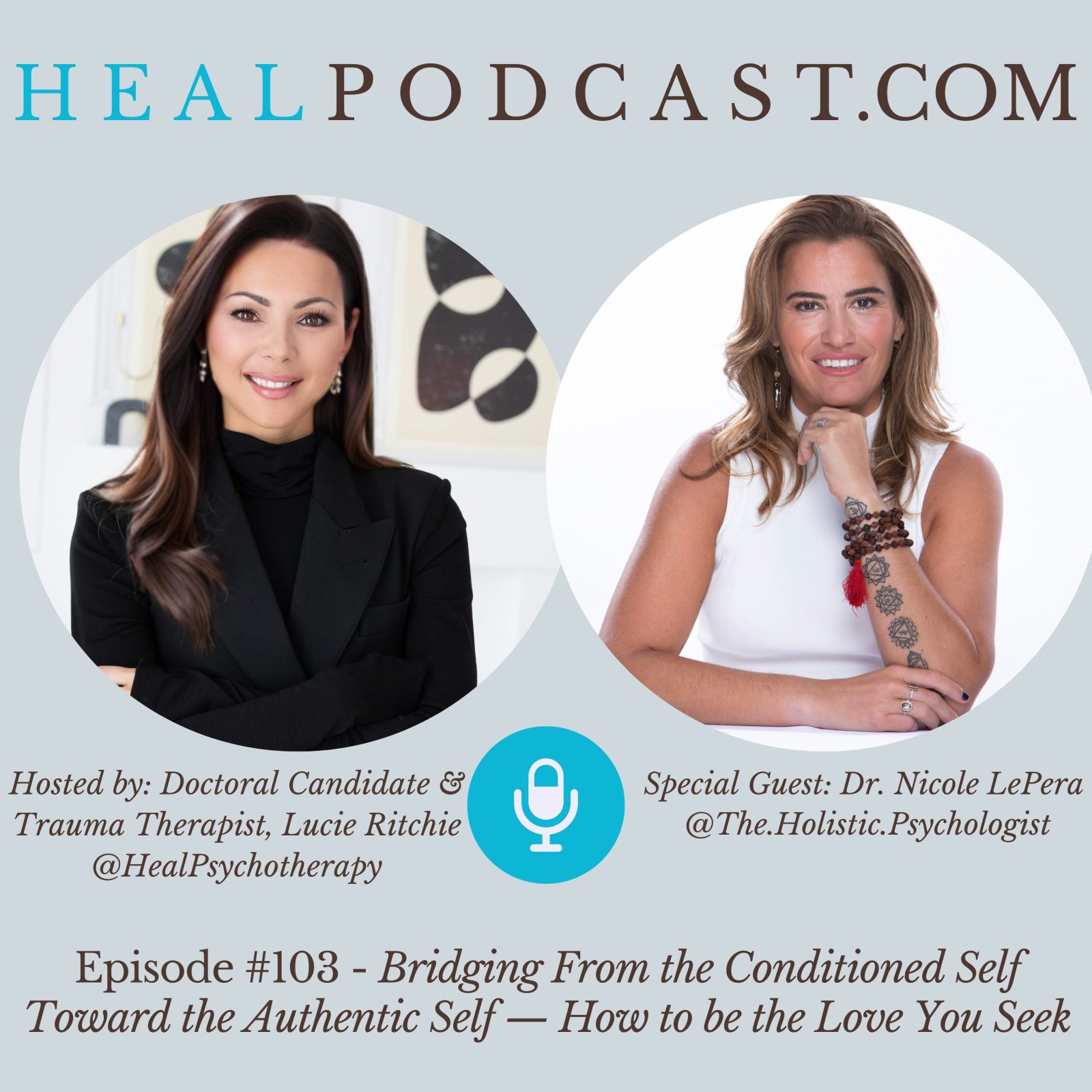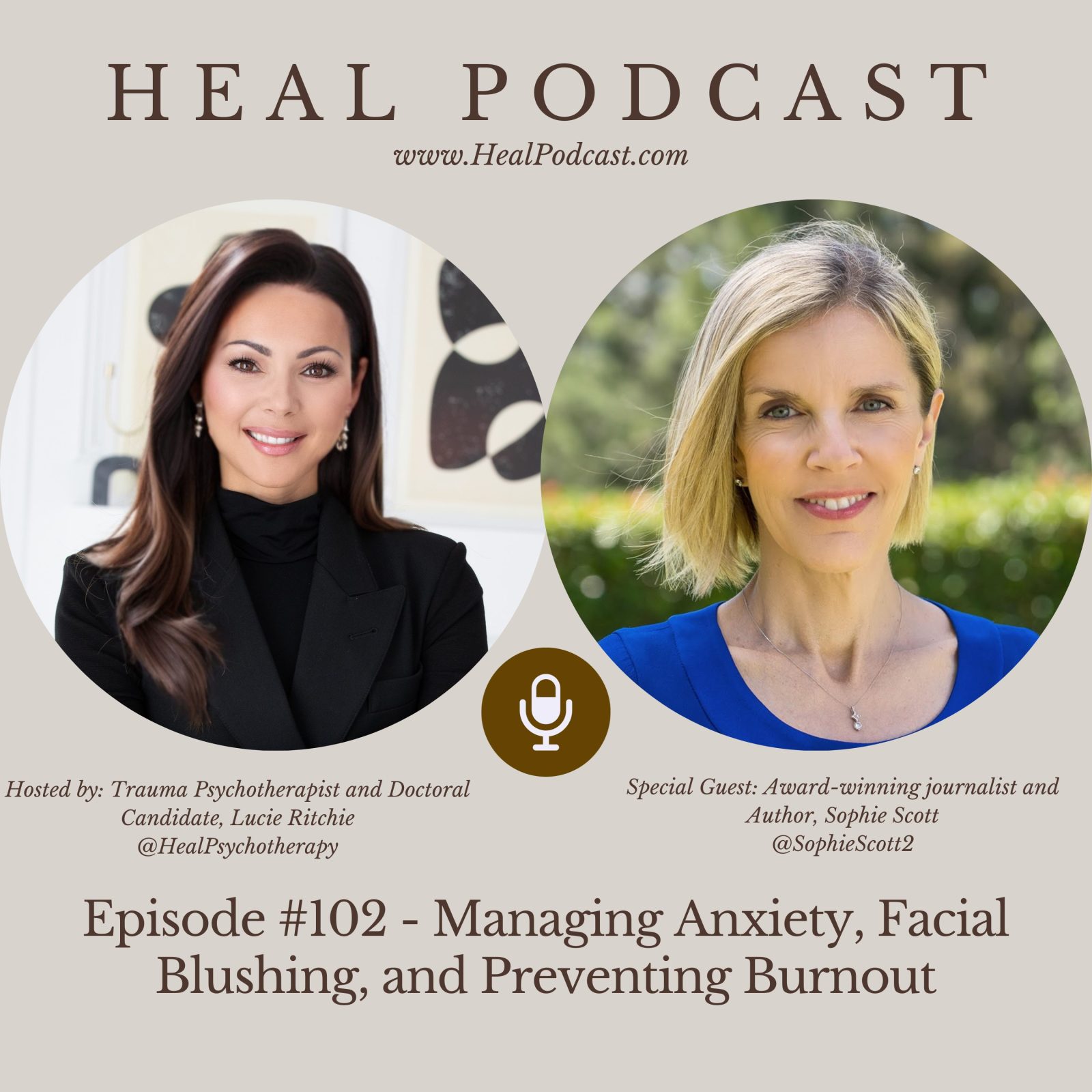Sexual abuse is an attack on the totality of a human being. It impacts neurobiological functioning, spiritual connection to the self, other, and “the greater.” It is also an attack on a person’s cognitions, emotions, and physiology, including their endocrine and immune systems. Sexual abuse is also an attack on the survivor’s ability to form and maintain social connections. The person is changed, and this is traumatization. But this change needs are not a life sentence; it can be the journey toward post-traumatic growth (PTG). However, the process can feel taxing, especially as survivors try to connect intimately with a partner.
Returning to an act that is similar to the trauma can reflexively invite traumatic reactions. As survivors seek to have sexual intimacy with their partners, for instance, they are engaging with a familiar stimulus to the threat which triggers a cascade of stress responses like adrenaline, and noradrenaline. The release of these neurotransmitters is commonly associated with a narrowing of consciousness, that is, the prefrontal cortex shuts down so the survivor can shift into active defense responses like dissociation, appeasing, or even shutting down to name a few. The body is engaged in a survival response.
Reconnection, then, is an important area to focus on. Survivors can interrupt this automatic defense response through a series of titrated touch exercises that aims to convey safety to the nervous system and mind. Weldy Maltz, the renowned author of “The Sexual Healing Journey” and sex therapist, sits with Lucie Ritchie to discuss evidence-based ways to reconnect after trauma.
Main topics include core belief of not being good enough, objectification, Judith Herman’s Tri-Phasic Model, seeking justice, and moving forward.

